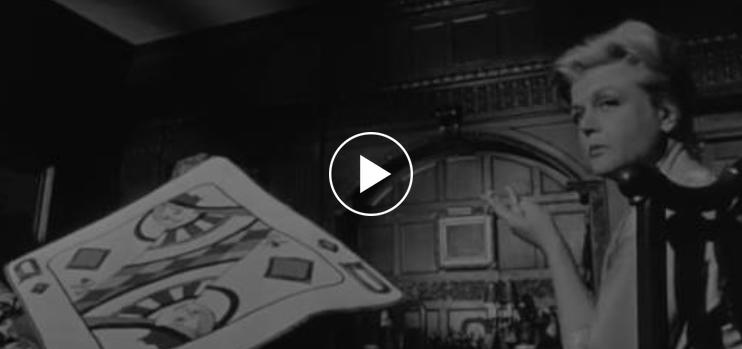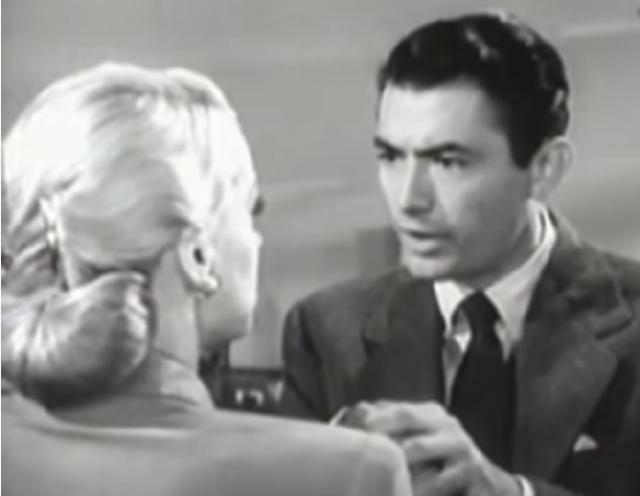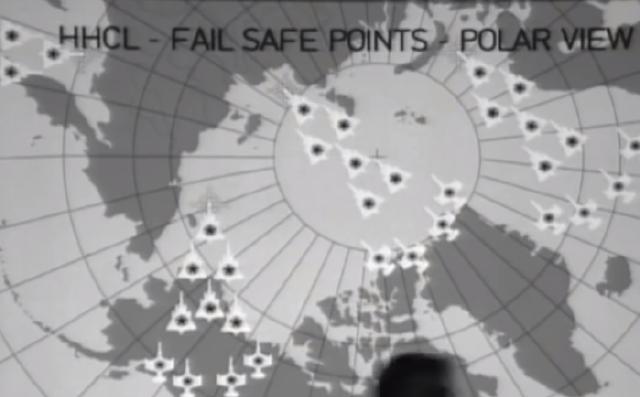DeLoggio Achievement Program
Selection of and Preparation for College and Professional Programs
Culture by Cinema
1950s Suspicion and Isolation
The Manchurian Candidate (1962)
It's difficult to separate films about the isolationism, anti-Communist, Jim Crow era of the 1950s and films made as a liberal (and sane?) response to those fears. I chose to put "The Manchurian Candidate" into the first group because the backdrop of the years immediately after the Korean War and at the height of the Cold War hysteria give more information about the political climate of the times than any non-documentary film or book that I know of.
The theme of the movie is relevant in today's world because the character Sen. John Iselin, whose role is actually fairly minor, is practically a role model for Donald Trump. He seemed to make up statements off the top of his head, has numbers at his fingertips, but those numbers are always wrong, and he warns about the dire consequences that will happen if his plan is not followed.
In the film, Iselin is a fall guy for a communist takeover plot. I wouldn't even think it were necessary to say that I don't think the same is true of Donald Trump had there not been so much noise about the Trump-Putin relationship. I'm more concerned with the concept of an icon who is a front man for other interests, and his ability to manipulate crowds without any actual issues or facts.
The movie has other points of interest. Aside from being one of Frank Sinatra's better acting roles, the concept of "brainwashing," or post-hypnotic suggestion, was very common in Cold War ideology. It was believed that Soviets, and Communists in general, could implant any post-hypnotic suggestion and make it 100% foolproof. The idea of "deep" hypnotism resonates in some ways with the concept of "deepfake" news that concerns us today. The film gives a slightly heavy-handed view of behind the scenes political maneuvering, but I don't know that these are any more heavy-handed than what we've seen during the Trump administration.
The Manchurian Candidate was a brilliant movie when it was made in 1962, and again when it was made in 2004, but because the themes weren't quite the same, I think the 1962, one is much more appropriate for our studies.
The Front
Several of the films I recommend focus on the 1950s, in many ways a crucial period in American history and in legal thought. The birth of suburbia and interstate highways led to the Feminist movement of the 1960s; the busing boycotts and voters’ registration drives of the South led to the Civil Rights Act of 1964; and the McCarthy witch hunts led to the work of several movies opposing the attempt to brand anything less than knee-jerk patriotism as a Communist plot.
The Manchurian Candidate deals with the use of the accusation of Communism as a political sleight-of-hand, to keep the less educated, intelligent or sophisticated from seeing the importance of issues raised by loyal dissent. Many of the people in movies included in this series had their lives ruined by their names being given to the House Un-American Activities Committee (HUAC), or by their refusal to provide names to the committee. Larry Parks, who played Al Jolson in the two “Jolson Story” movies, never worked again. Judgment at Nuremberg ends with the switch from seeing Russia as our Ally to demonizing it and needing to change with the political winds. And Lillian Hellman, the author who wrote The Children’s Hour among many other plays (almost all of which became movies), was one of the people whose career was cut short, forced to work under pseudonyms, and made to choose between her emotional survival and financial success. She chose to lose her career.
Twenty years later, a film was made about the people like Hellman: writers whose careers were destroyed by Hollywood’s refusal to stand up to a political bully. In “The Front,” Woody Allen plays a montage of people like Hellman, Dalton Trumbo, other writers who had to hide behind pseudonyms to continue to create their art.
With Donald Trump’s inauguration, we should expect both veiled and explicit references to the price we pay for allowing a bully to hold power.
Gentleman's Agreement
“Gentleman’s Agreement,” based on the book by Laura Z. Hobson, shows the level of anti-Semitism in the United States. It differs from Frank Sinatra’s “The House I Live In” not only by length, but also because it talks about anti-Semitism among adult, elite sophisticated New York City professionals, rather than with a bunch of kids parroting what they’ve been taught. Perhaps more importantly, it deals with internalized oppression – the Anglicization of names (which was practiced by most ethnic groups), the poking fun at the less sophisticated, less educated or more recent immigrants, and the requirement to laugh at certain jokes, avoid certain people, and make yourself either invisible or hyper-visibly antagonistic.
A whole course could be taught from this movie alone. It’s the story of every marginalized group from Irish indentured servants in 1650 to Guatemalans in 2020. It shows the presumption 50 years ago and more, that led to the alt-right movement we face today.
Fail Safe
“Fail Safe” is the answer to “The Manchurian Candidate:” where does the xenophobia stop, and how do we stop it? It’s the first direct response to the “Commie Pinko Queer” accusations of the McCarthy era. Echoes of it were heard when President Reagan wanted a military weapon in orbit around the planet, which came to be called “Star Wars:” can we make a defense system both automatic and infallible?
Many people thought the movie to be over-dramatized, especially in hindsight; but in the era of Fidel Castro’s Cuba, the Bay of Pigs, and the Cuban Missile Crisis, it was also seen as a timely warning of what could happen if we didn’t learn to de-escalate.
While the United States was dealing with Communism across the street, Britain was dealing with it from across the Atlantic, and made a comedic farce based on the same book. Peter Sellers’ tour-de-force of four roles in “Dr. Strangelove” may show that Britain felt safe with a lot more water between England and Cuba than we did in Florida, or it may show that much of the world believed that we were manipulating political careers through fake nuclear scares.
Culture by Cinema
| Copyright | Take me to Home Page |




